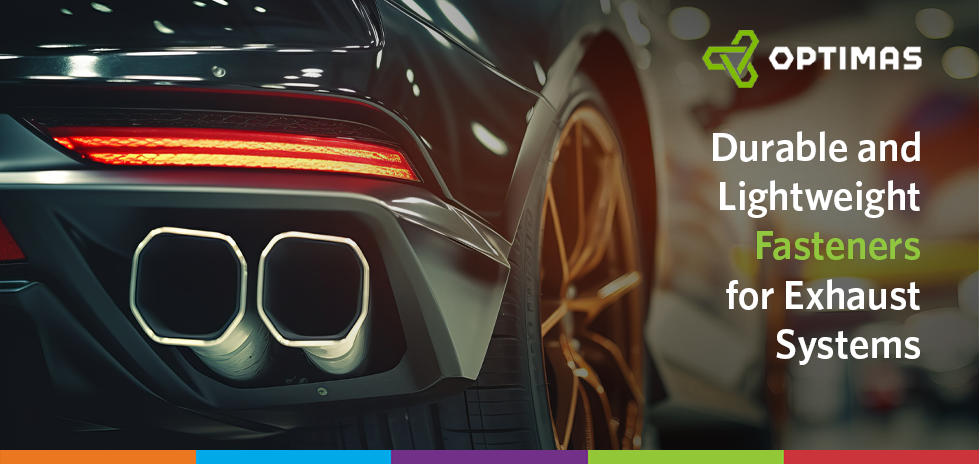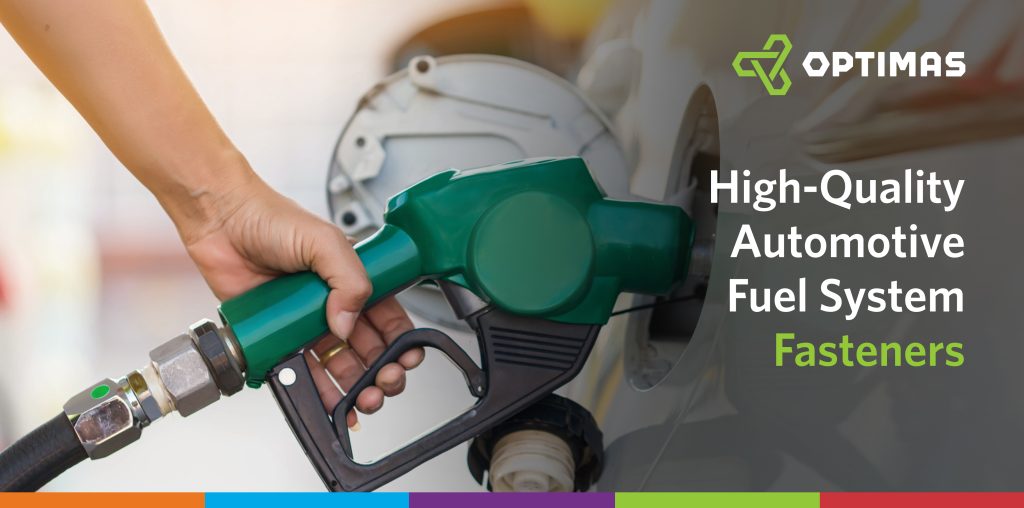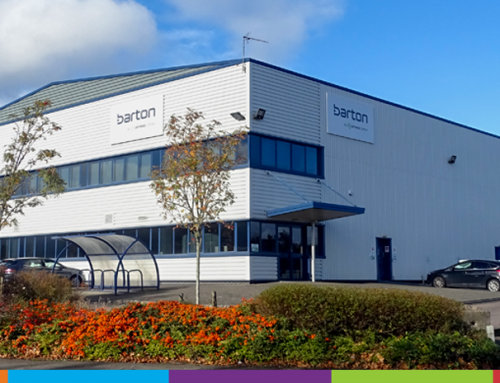
Barton: Changing Requirements of Fasteners for a Sustainable Market
The requirements of fasteners are forever changing across all industries, as OEMs seek to get the most of components in their products. From demanding the lightest of fasteners to the shift of permanent components in electric vehicles, and even seeking more efficient fasteners, the role these components play is changing globally.
Lightweighting
Using lightweight fasteners is key across a variety of industry builds. Lightweighting is the process of making an object that weighs less without compromising its performance or strength. Manufacturers achieve this by replacing standard materials with lighter-weight alternatives that provide greater strength-to-weight ratios or making fundamental design changes – one example of this is hollowing out solid areas of the object.
Also, using lighter fasteners and less materials in your build helps to reduce the consumption of natural resources, CO2 emissions and the amount of waste that is sent to landfills. All of these reductions save energy and reduce the manufacturers overall carbon footprint, a big goal for OEMs.
Permanent Fasteners
With the growing development of electric vehicles and consumer products, permanent fasteners are required by manufacturers to secure their components indefinitely. For electric vehicles, their service procedures are very different to internal combustion vehicles.
In the majority of these vehicles, the electric motor assembly is designed not to be removed or repaired, making permanent fasteners the perfect component to secure systems together because they are single use and can’t be removed once installed, as well as offer better safety, durability and withstand greater loads than temporary fasteners.
Thermal Conductivity
Following on from the development of electric vehicles, modern fasteners are required to have thermal conductivity properties to aid in heat dissipation within the vehicle. This is a key requirement for fasteners due to the heat electric vehicles generated during operation.
Aluminium fasteners effectively transfer heat away from critical components, helping to maintain optimal operating temperatures and prolonging the lifespan of various vehicle systems – this is extremely important for electric vehicles with permanent fasteners securing components together, manufacturers are looking to maximise the lifespan of electric vehicles as much as possible, and thermal conductivity fasteners contribute to this goal.
Overall, thermal conductivity fasteners offer the advantages of weight reduction, enhanced performance, corrosion resistance, improved energy efficiency, extended battery life and effective heat dissipation.
These benefits contribute to the overall sustainability, reliability, and performance of electric vehicles in the rapidly evolving automotive industry, that needs evolving requirements for fasteners to help the industries overall development.
Cold Formed Fasteners to Meet their Changing Requirements
With over 90 years’ experience cold-forming fasteners, Barton Cold-Form, Optimas’ UK manufacturing division in Droitwich, has grown to become the Midlands’ biggest cold-form fastener manufacturer, and one of the biggest in the UK.
Cold-forming may be a 150 year-old process, but the team at Barton have proved its suitability to many modern engineering requirements. Working with and relied upon, by countless OEMs and manufacturers throughout the UK and Europe, the team not only produces standard, engineered and licensed fasteners, but many complex, bespoke and designed intricate parts.
Barton has the capability to produce fasteners in a wide range of lightweight materials, like aluminium, to contribute to improved vehicle acceleration and fuel efficiency. These materials are also corrosion resistant, therefore withstanding harsh environmental conditions.
Not only is Barton’s manufacturing plant powered by 100% renewable energy, but 89% of cold forming waste material is recycled, with 0% sent to landfill. As parts are formed in their near-net state, cold-forming is also a sustainable production process. Before a part is manufactured, any additive waste produced by prototyping is recycled, too.
To find out more about our manufacturing capabilities, or to speak to one of our experts, you can do so here. Partner with us to optimise your products and meet demand.






